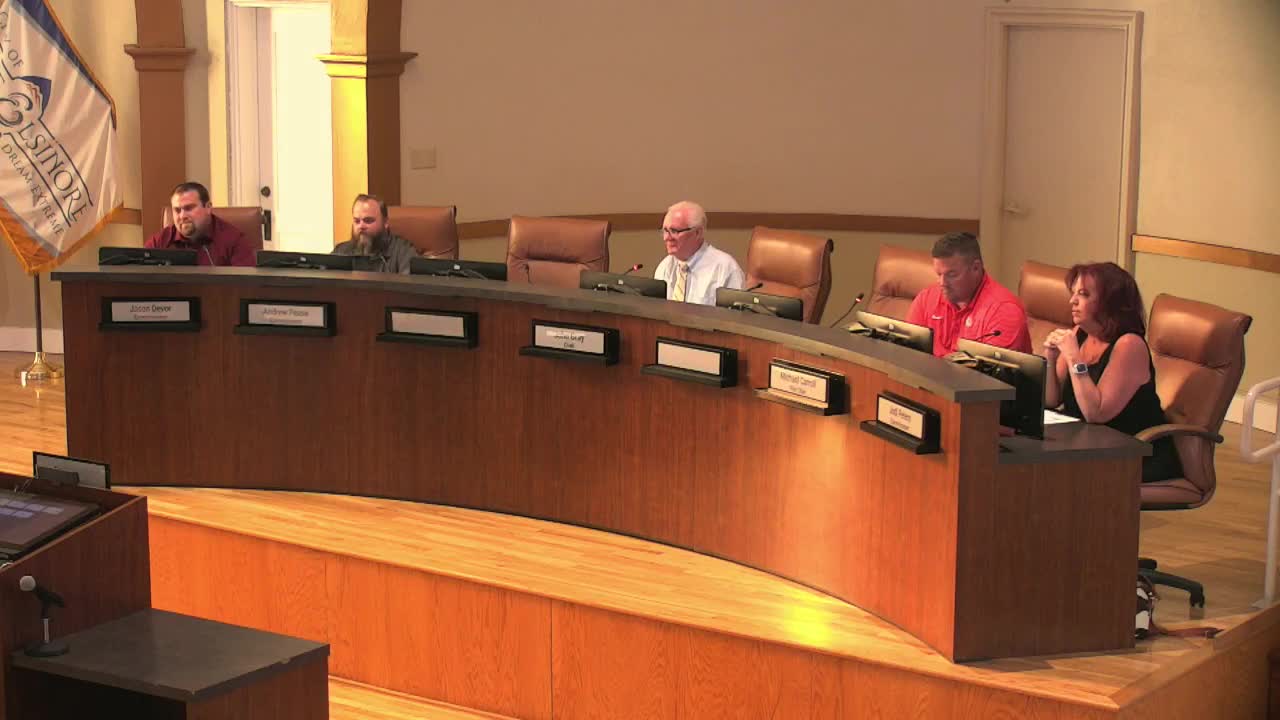Resident Urges Lake Elsinore City to Restore Floodplain into Wilderness Park
August 05, 2025 | Lake Elsinore, Riverside County, California
This article was created by AI summarizing key points discussed. AI makes mistakes, so for full details and context, please refer to the video of the full meeting. Please report any errors so we can fix them. Report an error »

During the recent Planning Commission meeting in Lake Elsinore, a passionate resident raised concerns about the city’s brush abatement program, particularly its impact on the local floodplain ecosystem. The speaker, who has lived near the floodplain for decades, described the area as a vital habitat for wildlife, including great horned owls, coyotes, and various bird species.
The resident expressed worry that recent plowing efforts, intended for fire safety, are causing more harm than good. They highlighted that instead of promoting native plants, the city’s actions are leading to the proliferation of invasive species like black mustard, which not only threaten local biodiversity but also increase fire risks. The transformation of once-thriving habitats into degraded land has raised concerns about community respect for the environment, as the area becomes less inviting and more neglected.
The speaker urged the city to shift its approach from mere maintenance to genuine stewardship of the land. They envision the floodplain as a wilderness park, a space for residents and visitors to connect with nature and learn about California's natural heritage. The call to action emphasized the need for restoration efforts, community engagement, and ecological policies that prioritize the health of the environment over liability concerns.
The Planning Commission acknowledged the resident's concerns and referred the matter to city staff for further consideration. This discussion highlights the ongoing tension between fire safety measures and ecological preservation, underscoring the importance of balancing community safety with environmental stewardship in Lake Elsinore.
The resident expressed worry that recent plowing efforts, intended for fire safety, are causing more harm than good. They highlighted that instead of promoting native plants, the city’s actions are leading to the proliferation of invasive species like black mustard, which not only threaten local biodiversity but also increase fire risks. The transformation of once-thriving habitats into degraded land has raised concerns about community respect for the environment, as the area becomes less inviting and more neglected.
The speaker urged the city to shift its approach from mere maintenance to genuine stewardship of the land. They envision the floodplain as a wilderness park, a space for residents and visitors to connect with nature and learn about California's natural heritage. The call to action emphasized the need for restoration efforts, community engagement, and ecological policies that prioritize the health of the environment over liability concerns.
The Planning Commission acknowledged the resident's concerns and referred the matter to city staff for further consideration. This discussion highlights the ongoing tension between fire safety measures and ecological preservation, underscoring the importance of balancing community safety with environmental stewardship in Lake Elsinore.
View full meeting
This article is based on a recent meeting—watch the full video and explore the complete transcript for deeper insights into the discussion.
View full meeting
